
Share via:
How Aussies Are Bugging Out & Hunkering Down
If you watch the National Geographic channel, you’ve probably stumbled upon the ‘Doomsday Preppers’. Programs like this have led to a global movement of preppers who consider a broad range of scenarios so they can minimize the risk to their families.
These guys come from all walks of life and dedicate their lives to prepping for the worst-case scenario by storing food and equipment for survival, as well as modifying their homes.
A Prepper and survivalist subculture
Jim Greer – IT Specialist
Fair Dinkum Aussies also have their own preppers who are ready to face any kind of disaster. One of them is Jim Greer, an IT specialist from Western Australia, who believes the end of the world is just around the corner. For that reason, he has an 8-tonne truck prepared to leave at any moment.
When he was a child, Jim was a boy scout and as an adult he joined the army. These two experiences helped him gather surviving skills. He also spent some time with the Aborigines to learn how to live off the land, make weapons, and hunt.
It’s with these skills that he learnt at an early age that he is now able to build a house, knows mechanics, cleans, and cooks. But the most important aspect of his prepping plans is the perfect location.
The location that Jim has chosen is complete with an underground stream. He’s used time-lapse footage to monitor locations throughout the day and night to assess their suitability.
Jim believes a catastrophe is going to happen soon and that prepping should be a normal reaction to that. According to Jim, the greatest threats to humanity are an atomic bomb, economic collapse, and artificial intelligence.
He doesn’t understand people who openly dismiss the idea of survivalism. However, he confirms the fact that, even though there aren’t enough preppers out there, their number has certainly increased in the last 5 years.
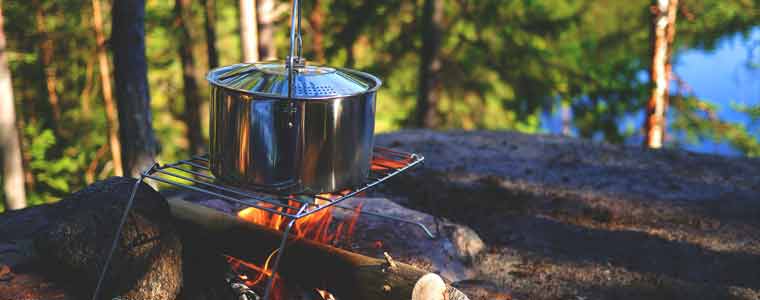
Mel Woods – Teacher
Mel Woods, a teacher living in Perth, offers prepping courses through her business ‘Chilli Preppers’. Her goal is to breakdown the stereotype that preppers are paranoid. She says that lots of people are worrying about climate changes and storing food supplies, but they don’t call themselves preppers. They simply want to be prepared to survive in case of an emergency.
Having run a business for over 5 years and besides doomsday prepping, she’s teaching food preservation and cultivation or, as she says, the things our grandparents knew but the consumer generation has lost.
Unlike many preppers who believe that everyone should look after their own interests in case the world comes to its end, Mel’s plan is to build a community. In this community, people would unite their skills and resources to help each other. She believes that isolated individuals wouldn’t stand a chance.
According to Mel, the two most important things to do in case of an apocalypse are to bug out and hunker down. Living in a safe, secure, tiny home is a smart approach. Those who decide to bug out must have a hidden location they’re prepping with supplies and equipment.
Mel says she’s not much of a ‘bug out person’. At her house, she has a veggie garden outside but until doomsday comes, the plants are staying outside.
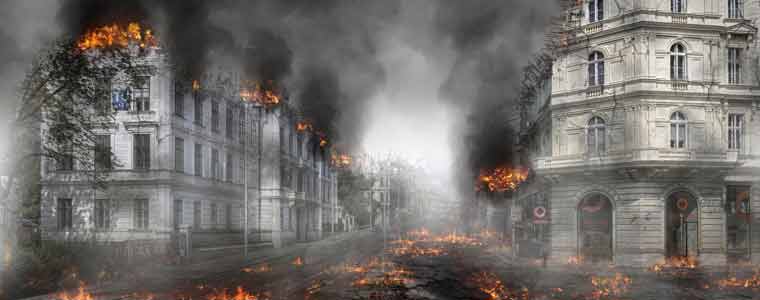
Nick Sais – Electrician
Nick Sais, an electrician, author, and blogger, claims that the number of downloads of his prepping manual is growing rapidly. For him, this indicates a change in the collective state of mind. His preps include buried caches stored on remote locations. These caches consist of fire-starting and water-purification devices, as well as canned food. He has also learned to hunt using a bow and arrow.
Nick believes that the world will most probably end with war. And his family agrees with him. His wife, nephews, and nieces often accompany him to learn how to start a fire or build a shelter. Nick’s parents are also informed about his bug-out locations. He also points out that his prepping isn’t all about an Armageddon.
You need to be prepared to cope with all kind of disasters, even of smaller proportions. In his manual, Nick offers tips for people in rural areas to help them in case of a flood or fire.
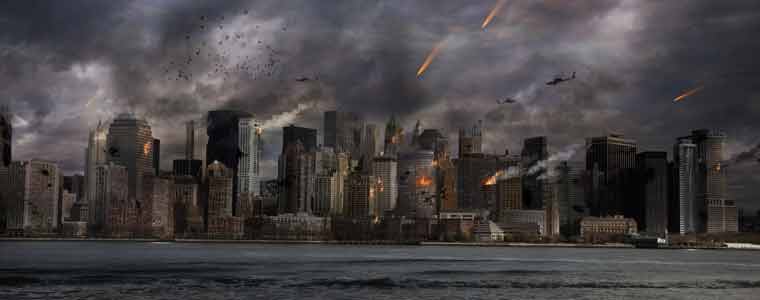
Popular Posts
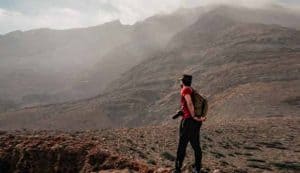
How to Stay Prepared for An All Day Hike Outdoors
There are many reasons why going for an all-day outdoor hike is a great idea. It’s a fun way to relax and breathe in some fresh air.
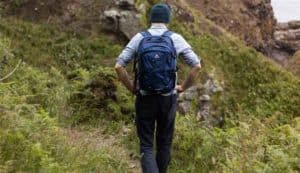
Best Budget Backpacking Pack – Single & Multi-Day Hikes (Buying Guide)
There are 3 backpacks for multi-day hikes from 40 litres capacity up to 80 litres in size. Plus 2 daypacks for shorter day hikes at 13 litres and 22 litres capacity.

Best Heated Socks with Remote – Buying Guide (2023)
If you are like me, your feet probably suffer from the cold when spending time in the mountains during winter time.
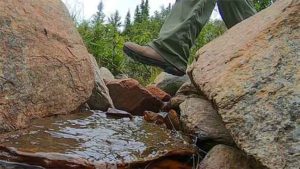
How to break in hiking boots: Complete Guide
This guide wiil help you on how to break in hiking boots and ensure you don’t have any problems with your feet on future hikes.
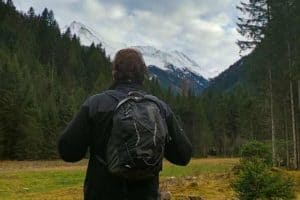
Best Daypack With Hydration (Buying Guide 2023)
When the ambient temperature is above 70 degrees when hiking you need to stay hydrated regularly.

Best water bottle to keep drinks cold
Do you need a water bottle for a hike or to take to outdoors, one that will keep drinks cold for at least 12 hours?
